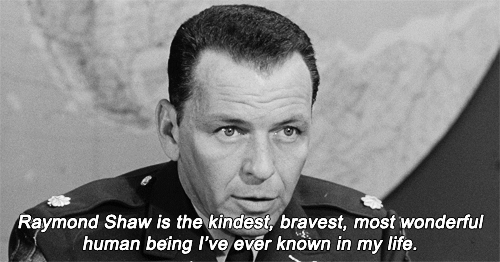I've known about Fallout. I've heard about it's name multiple times, but I never got to play it until when Fallout 4 came out last year. Besides its unique battle mechanics, interesting characters, I also fell in love with the different stories told in all four games. And I'm not the only one. The background story in the Fallout universe is so interesting that there are constantly fans making theories and sharing them to one another, trying to piece events together into a coherent in game universe lore. When I heard that we had to write a research paper on an artifact concerning war, I instantly thought about doing it on the Fallout franchise. I have always been really interested in things concerning nuclear warfare, especially after learning about it in US history class in high school. Nuclear warfare is truly devastating, and as human beings we like to think of hypothetical results before doing something so dramatic. The Fallout franchise is one of the results of this type of hypothetical thinking.
The early timeline in game is not so different to ours, but somewhere round 1945 different historical events led up to the Resource Wars and then the Great War that created the Fallout world as we know now. It also caused the world to be forever stuck in the aesthetic of the 1950's. The Great War was basically different countries launching nuclear missiles at each other as a last struggle to survive, which killed off most of the world's population. Some who survived lived in vaults for a long time, which were built by a company called Vault Tec. Following the progression of the game, players find that Vault Tec isn't completely innocent and good either as many vaults were used for experimenting. Others who were less fortunate had to survive in the hot radioactive desert and formed their own factions. Players usually play as a vault dweller and due to various reasons were forced to leave their vault and venture out into the radioactive world. I think through researching the Fallout universe it would be interesting to see how the game shows us one possibility of what could potentially happen after a nuclear war. It could show us the effects of nuclear war on the environment, the living things, etc. It could also show what would humans be like without a real government being in control of everything. It would also be interesting to see the propaganda in game and how it is different to the propaganda we have in real life.
Overall I think it would be beneficial for me to do my research paper on a topic that I really care and would like to learn more about. Some research questions I would ask would be "Does Fallout do a good job of accurately portraying the dangers of nuclear war and general war?" "What does the popularity of the game say about people's views about war?" "What is a benefit of using video games as a medium to portray war?" "How is the in game propaganda similar to real life propaganda?" The Fallout franchise is packed to the brim with different war experiences and I believe it would be very interesting to see the parallels to real world experiences.


